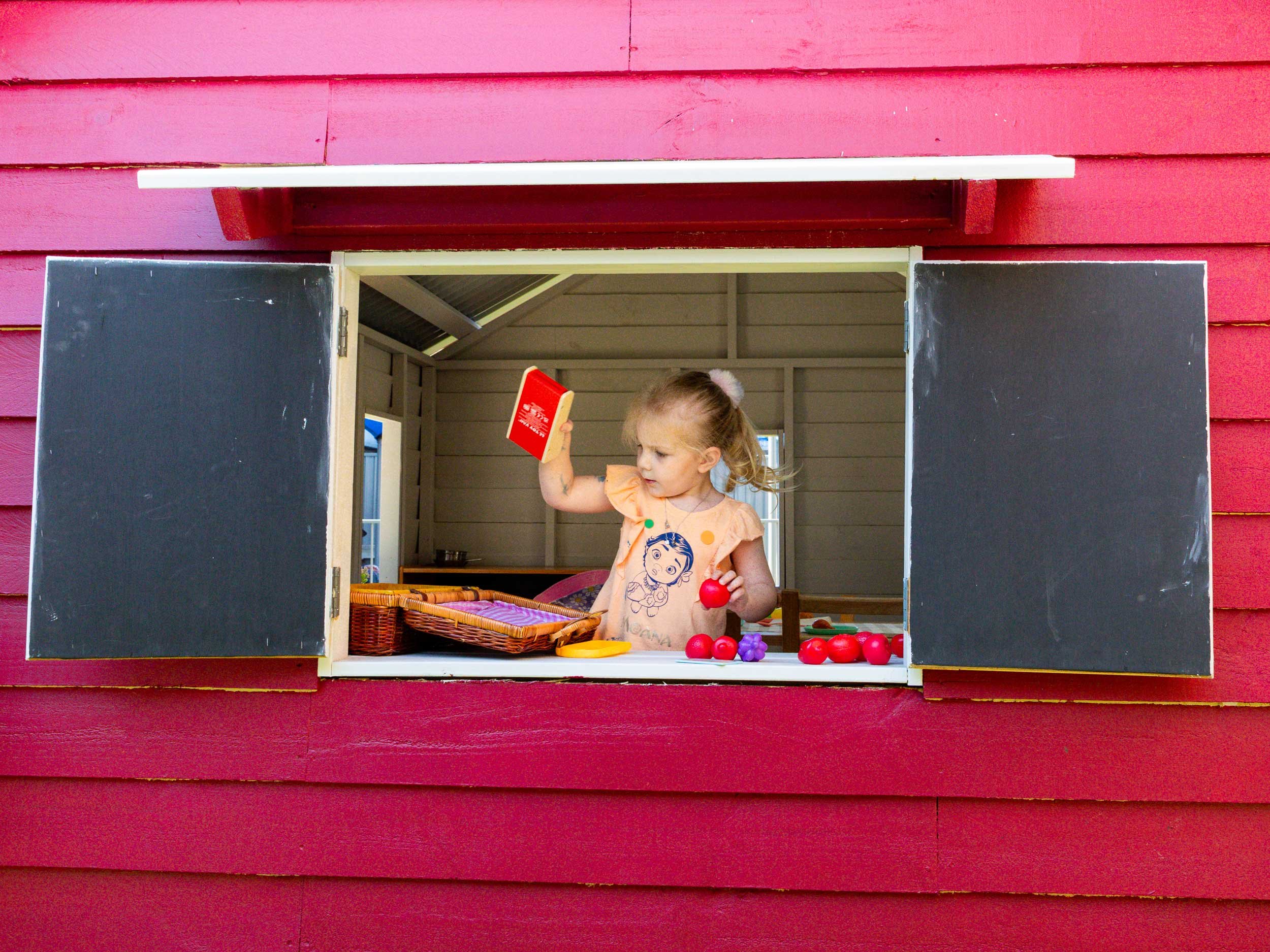Innovative Approaches To Cultivating Positive Behavior In Childcare Centre
Behavior management in Early learning preschool is a vital aspect of childcare that requires patience, understanding, and skillful techniques to create a positive and nurturing environment for young learners. Childcare providers play a significant role in guiding children's behavior and fostering their social and emotional development. In this blog, we will explore some effective behavior management strategies employed in childcare settings to ensure a harmonious atmosphere where children can learn, grow, and thrive.
Positive Reinforcement and Encouragement:
Positive reinforcement is a powerful tool in shaping children's behavior. Childcare providers often use praise, encouragement, and rewards to reinforce positive behaviors. By acknowledging and celebrating children's achievements and good behavior, caregivers help boost their self-esteem and motivation to continue behaving positively. Encouraging words and small rewards can go a long way in reinforcing desirable behaviors, and creating a supportive atmosphere where children feel valued and appreciated.
Setting Clear and Consistent Boundaries:
Establishing clear and consistent boundaries is essential in any childcare setting. Children thrive when they know what is expected of them and understand the consequences of their actions. Childcare providers communicate these expectations clearly and consistently, ensuring that children are aware of the rules and guidelines. Consistency in enforcing boundaries helps children develop a sense of security and predictability, reducing anxiety and promoting positive behavior.
Modeling Appropriate Behavior:
Children often imitate the behavior of adults and peers around them. Childcare providers serve as role models, demonstrating appropriate behavior, communication, and problem-solving skills. By modeling kindness, empathy, and respect, Early Learning Childcare Centre caregivers set a positive example for children to follow. When children observe positive behavior in their caregivers, they are more likely to emulate these behaviors, creating a more respectful and cooperative childcare environment.
Effective Communication and Active Listening:
In the Early Learning Centre in Alexandria, open and effective communication is key to understanding children's needs and concerns. Childcare providers actively listen to children, valuing their thoughts and feelings. By acknowledging children's emotions and addressing their concerns, caregivers establish trust and create a safe space for open communication. When children feel heard and understood, they are more likely to express themselves appropriately, reducing frustration and potential challenging behaviors.
Implementing Calm Down Techniques:
Children, like adults, can become overwhelmed by their emotions. Childcare providers employ various calm down techniques, such as deep breathing exercises, mindfulness activities, or designated quiet areas, to help children manage their emotions effectively. Teaching children these techniques equips them with valuable coping skills, enabling them to self-regulate their emotions and behaviors in challenging situations. In conclusion, through patience, understanding, and the application of these strategies, childcare professionals contribute significantly to the social and emotional development of the young learners in their care, fostering a positive foundation for their future success.
In summary, fostering effective behavior management in Early Learning Preschools necessitates the unwavering dedication and thoughtful efforts of childcare providers. By incorporating imaginative strategies such as positive reinforcement, setting clear boundaries, and modeling appropriate behavior, a nurturing environment is established, allowing young learners to thrive both socially and emotionally.
The emphasis on positive reinforcement not only bolsters self-esteem but also serves as a catalyst for consistent positive behaviors. Clear boundaries play a pivotal role in creating a secure and conducive space for growth, while the act of modeling kindness and empathy sets a powerful example, cultivating respect in every interaction. Effective communication, active listening, and the implementation of calming techniques further enrich the childcare experience, contributing significantly to the social and emotional development of young learners.
Within this context, childcare centre like Jane's Place in Alexandria stand out as beacons of excellence. Jane's Place goes above and beyond in implementing these creative strategies, providing a unique and enriching environment for the children under its care. By prioritizing effective communication, modeling positive behavior, and fostering a sense of respect, Jane's Place serves as a cornerstone for the positive foundation upon which the future success of these children is built.


